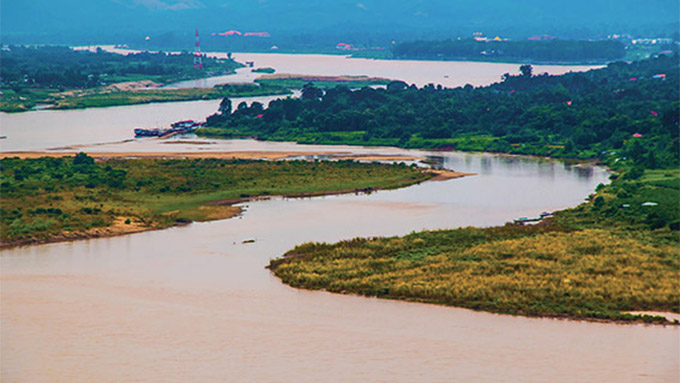Locally Appropriate Clean Energy Strategies in the Lower Mekong Region
November 7, 2016

INTRODUCTION
According to the International Energy Agency (IEA), Southeast Asia will be responsible for 40 percent of global energy demand increase by 2030. Total energy demand in the region is expected to double by 2035, making energy development planning of increasing importance1. There is renewed public and private interest in the Mekong Basin, where over 44 GW of hydro capacity is currently being planned.
The University of California-Berkeley is now undertaking with Harvard University’s Lower Mekong Public Policy Initiative (LMPPI) a project to analyse impacts of different energy generation mixes on the Mekong region. The project goal is to build a long-term energy system model specific to one country (Laos), while laying the foundation to model the other countries (vietnam, Cambodia, Thailand, and Myanmar), and then the region as an aggregate. Using future energy demand projections we assess capacity expansion alternatives across Laos, Vietnam, Thailand and Cambodia against such criteria as technical feasibility, economic cost and greenhouse gas (GHG) emissions. With an integrated model we explore economic, technical and land use trade-offs of various system configurations in the future under different scenarios.
We explore how these conclusions can collectively contribute to a development discourse and public policy innovation in the Lower Mekong that prioritises economic, social and environmental objectives. Given the region’s large rural population and transitioning economy with industrial potential, it is important to create linkages between local and commercial-scale energy futures for the Mekong. At the heart of the project is an interest in novel, integrated energy system models and their application to assessing energy and investment strategies, and contributing to the evolution of energy planning and analysis tools.

To read the complete article, get your hardcopy at our online shop/newsstands/major bookstores; subscribe to FuturArc or download the FuturArc App to read the issues.
